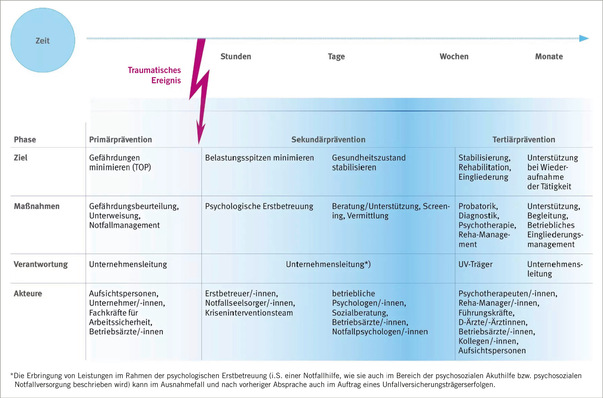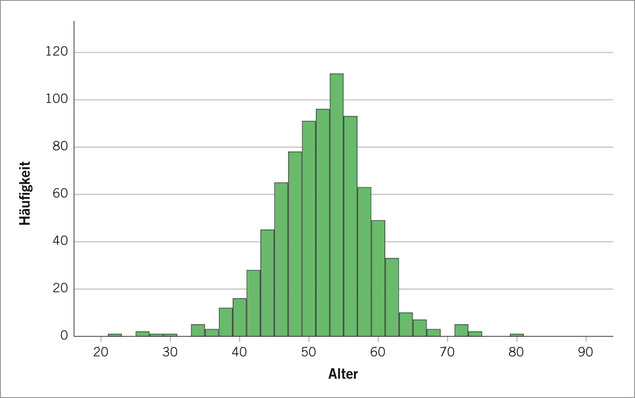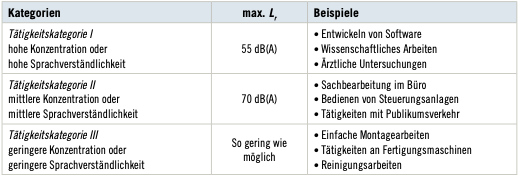Background: As part of a project which was
begun in 2008 and funded by the state office
of health and social affairs of the German federal
state of Mecklenburg-Western Pomerania
and by the European Social Fund (ESF), a
working group in our hospital is involved in
the development, operation and evaluation
of a programme on the “promotion of health
and psychosocial self-efficacy in the (longterm)
unemployed”. In addition, the project
also analyzes the further educational requirements
of the members of the working group
in psychosocial disciplines. By means of a
questionnaire, staff working in Mecklenburg-
Western Pomeranian integration projects for
the long-term unemployed were asked to assess
the typical problems and psychosocial
competence of their clients. The questionnaire
also collected data on the professional
background, psychosocial qualifications and
requirements for further education of the social
workers.
Methods: After a detailed analysis of the
project documentation and personal interviews
with volunteers from among the integration
project staff, we developed a questionnaire
which was sent to all staff members
of all integration projects in Mecklenburg-
Western Pomerania in 2008. For the (longterm)
unemployed persons in the charge
of the social workers, the questionnaire differentiated
between the assessed individual
(personal), social, health-related, and mental
resources and the corresponding problems.
In addition, the staff members’ primary professional
qualifications, further psychosocial
education and wishes for future further
education were evaluated. The data were
analysed either quantitatively or qualitatively
depending on their nature.
Results: Psychosocial resources in (longterm)
unemployed persons: The social workers
considered that only 28% to 48% of
their clients had “well developed” personal,
interactive-social, health-related and mental
resources, i.e. the majority of the clients were
considered to be of sub-optimal psychosocial
competence. Psychosocial problems of
long-term unemployed persons: The social
workers considered that 44% to 75% of their
clients suffer from multiple psychosocial
problems. Staff qualifications: 25 % of the
project staff has a professional psychosocial
education or university qualification. About
50 % of the staff had been trained in communication
or counselling techniques prior
to the questionnaire study.
Conclusions: Staff of integration projects
perceive substantial psychosocial problems
and a lack of psychosocial resources in the
long-term unemployed persons in their
charge. Surprisingly, project staff, even in
those with long-term experience in integration
projects, frequently lack psychosocial
education. Thus, further education in psychosocial
disciplines is clearly required by
integration project staff working with clients
suffering from multiple psychosocial problems.





